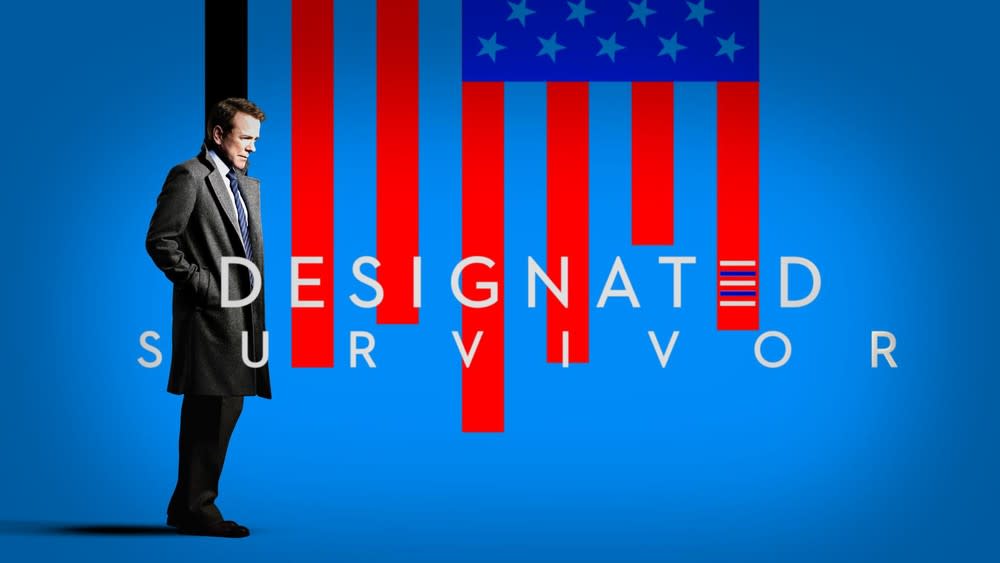Designated Survivor has been left behind by reality, and doesn’t know what it wants to be anymore

Designated Survivor opened with a huge political upheaval. In the wake of one of the largest terror attacks on US soil, the destruction of the Capitol and the death of both the President and most of the government, a low-level cabinet Secretary took the highest office in America.
The premise of the show hinged on one of the more obscure facets of US government procedure; that a ‘designated survivor’ is selected to sit out the State of the Union address, a contingency in case of an attack while the majority of the government is assembled.
Of course, not long after Designated Survivor’s premiere, there was a huge political upheaval in the real world too – the election of Donald Trump as President.
While both events left a relatively inexperienced political outsider in the highest political office in America, the similarities largely end there; nonetheless, though, the ABC show has scrambled to engage with the real world, often with difficulty.
The most recent episode is particularly interesting in this regard; Outbreak deals with attempts by a civil rights group to have a Confederate statue removed, a story directly ripped from the headlines. Designated Survivor walks a delicate tightrope, an attempt to find the middle ground without committing to any one side in particular – in the end, the solution is to move the statue out of sight, rather than take it down.
It’s an interesting stance to take, and one that’s perhaps revelatory about just what the show is trying to be now – safe. There’s something decidedly milquetoast about it, belying a relative lack of interest in the actual details of the issue; you get the impression that the writers did little beyond skimreading a twitter hashtag, rather than doing the research to form opinions of their own. It’s the same middle of the road approach that the show has applied to gun control, for example, and numerous other issues – it’s a show that’s trying to be political, but isn’t quite sure what its politics are.
Had the show continued as it began, that perhaps wouldn’t be a problem; however, the earlier Homeland or 24 style plotline, with equal focus on a broader conspiracy and rebuilding the country, has given way to something of a West Wing lite style show. A political director has been introduced, and several plotlines echo the earlier NBC show as Designated Survivor begins to shift focus. There’s also something of a move away from the conspiracy too, with the reveal that the alt-right terrorist Patrick Lloyd was in fact never in step with the ideology of his followers but rather that he masterminded the attack on the government because of a failed custody battle with his ex-wife. Where that’s going next is decidedly unclear.
The identity issues are, undoubtedly, a symptom of behind the scenes turmoil; Designated Survivor is now on its fourth showrunner already, each with creative differences and their own approach to the show. Hopefully, the latest of these – Jeff Melvoin – will be able to stay long enough to make his own mark on the series and help it develop a more consistent identity.
Of course, that does return to the question that the show has been struggling with – what does it want to be in this politically divisive time? Whatever the choice it makes, it needs to be confident in it – to stop trying to be so equivocal, and be distinct on its own terms.
Related:
American Horror Story: Cult is a strange, cynical piece with no clear direction
Like this article? Hate this article? Why not follow me on twitter for more, or send me a message on facebook to tell me what you thought? You can also find more of my articles for Yahoo here, or check out my blog here.

 Yahoo Movies
Yahoo Movies 

